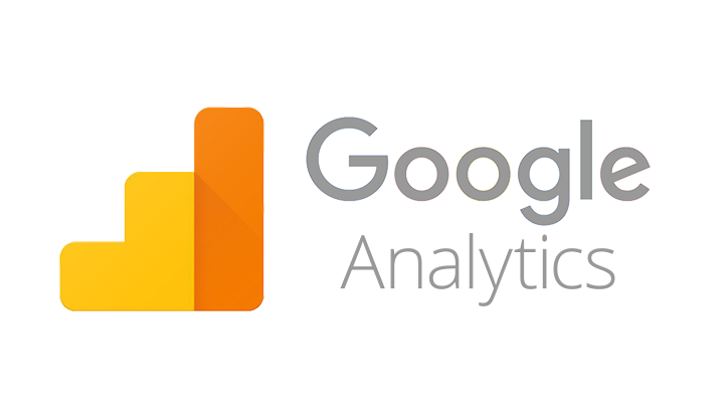
Google Analytics for your Marketing Strategy
Google Analytics for your Marketing Strategy
Are you a small business looking for an effective marketing strategy but don’t know where to start?
Well, Google analytics is one of the most effective tools for analysing your web traffic and how you can improve your website to turn traffic into sales.
Understanding Google Analytics
If you’re not fully aware of what Google Analytics is yet, it’s a web-based platform which allows you to collect data concerning the visitors on your website. It will help you to collect and analyse information about everything from how the user arrived at your website, what they did whilst on your website, as well as offering lots of additional information about the user themselves.
With Google Analytics, you will also be able to collect data traffic from a plethora of different search engines, with respect to your site and use it to strengthen your stronghold on the search platform. – It’s valuable to commercial success!
Not all pages in Google Analytics will be fundamentally important for your business specifically, but it’s recognising the key metrics that you need to track for your business that will make the difference in how you can use analytics to grow your business.
IT’S FREE!
I mean there are other free content analytics tools, but Google Analytics is the go-to tool that many marketers use. Why? Because it offers just as much features and functionalities in comparison to other paying tools.
Google Analytics is split into four key reporting areas:
#1 Audience
The audience section is about who is visiting your site. It contains numerous subdivisions that provide information about each visitor’s gender, age and location. You will also be able to discover information about their interests, browsers and mobile devices used to access your website.
Google analytics will be able to find out how your visitors locate your website by the set of keywords that you are optimizing. You’ll also be able to find out other keywords that they type on your website.
Initially, the number of keywords may seem small, but in time, your keywords will increase and you will begin to list on organic searches due to your overall optimization effort.
#2 Acquisition
The acquisition section will provide detailed information about how people are getting on your site. There’s an ‘All Traffic’ tab that will show you how people arrive, by search engine, social media site or blog.
#3 Behaviour
This section will help you to understand what your visitors are doing on your site- how they’re interacting with your site, so you can see which page is the most or least popular.
You’ll be able to identify the most clicked links and pages your visitors click most and measure whether the optimization is directing traffic to the right pages.
#4 Conversions
Conversions measure success for your website. I mean traffic is awesome but unless you’re gaining leads to sales, it’s pretty much useless!
Google analytics allows you to set up goals for you to track online sales success, which will tell you a visitor’s behaviour prior to completing a conversion on your site. The goals you choose will depend on your business nature or in other cases what you might be more interested to track.
You can set up to four types of goals:
• Destination Goals: For example, if you sell directly from your website, you can track the number of times an order confirmation or thank you page was reached after an order is placed.
• Visit Duration Goals: How long they stay on your site.
• Page Visit Goals: Amount of page visits
• Event Goals: key users actions
Data like this will ultimately tell you of your business is succeeding.
Overall Business Benefits of Google Analytics
Optimising Marketing Campaigns
Optimisation of Marketing campaigns are an ongoing process. Google Analytics will push you in the right direction for successful campaigns. By understanding what works for you and what doesn’t, you can invest your time optimising the right activities and getting rid of those that won’t work.
Improve Web Usability
You can determine whether your website is satisfying enough to users by how many visitors use your website. This can simply be viewing which pages have the highest bounce rate, so you can understand what type of content users look for in your website.
The behaviour and conversion reports are the most useful sections for understanding how your websites usability satisfies viewers. Behaviour reports allow you to determine which pages users engage with most so those with less engagement require further investment.
With conversion reports, it’s easier for you to understand where users drop out of the conversion process. This again, can help you decide which steps require additional optimisation.
Know Your Target Market
So, you already know your audience or have an idea of who they are. Google Analytics allows you to determine if your perception of your audience is correct. The reports offer a whole host of specific user information for you to better understand your audience.
By understanding your audience better, you can certainly ensure your ads and campaigns include the interests of your audience and make sure you’re targeting your audience correctly.
Budget allocation
From the gathered analysis above- knowing what works for your business and what doesn’t, you can then decide on which areas are best to further invest in. There are reports which will offer you a percentage budget increase or decrease depending on the specific model of attribution you decide to use. Amazing yes? I know.
Google analytics can also help you identify gaps in your budget allocation. For example, maybe 15% of your website traffic comes from a country you didn’t invest in. This would mean you require a budget to be allocated to targeting this location.
With Google Analytics, you can measure the ROI of numerous aspects of your marketing campaigns and efforts to be sure that you’re investing in the right elements to deliver the best ROI in the future.
Summary
Google Analytics is a powerful tool to use for an effective marketing strategy and if you manage to take full advantage of all the features it offers, you will be able to drive more traffic to your website and turn leads into sales.
It’s one of the best ways to stay ahead of the competition and adapt quickly to visitor changes and behaviour. By learning to provide valuable user content that interests them, you can assure that your business will thrive online.
If you would like to understand more about website traffic and converting them into lead, contact us to see how we can help you!
Lucidica is the IT support team for London businesses


